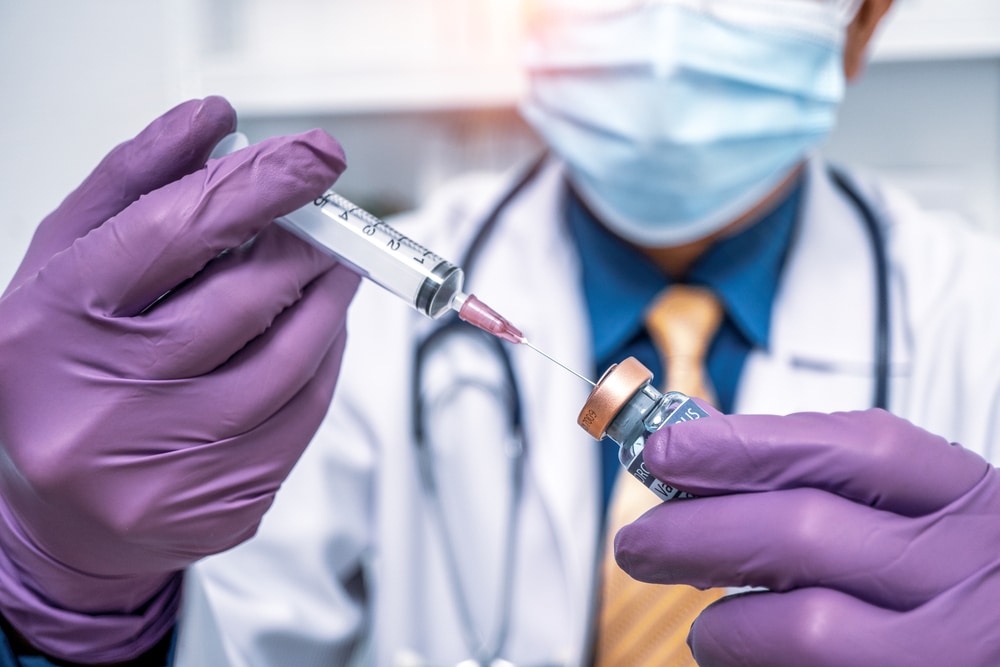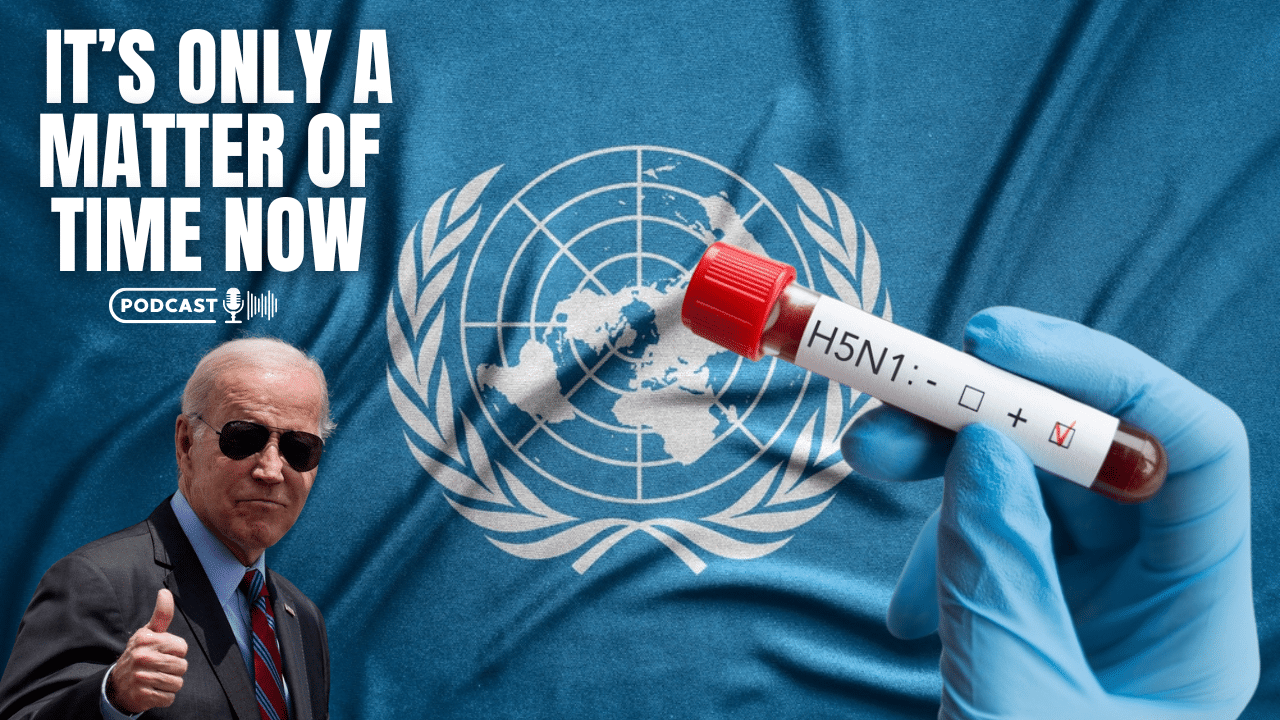A cancer vaccine made by Moderna has been given ‘breakthrough therapy’ status by health chiefs, paving the way for a fast-tracked approval. The shot, given alongside an immunotherapy drug, is used to treat patients recovering from advanced melanoma who are at risk of tumors returning.
According to the Daily Mail, A phase two trial showed the combination reduced the chance of relapse or death in sufferers after surgery by 44 percent, compared to the immunotherapy drug on its own.
The promising results prompted the Food and Drug Administration (FDA) to issue the designation yesterday – which could slash the time it takes to be approved to up to eight months. More than one million Americans are living with melanoma, the most serious form of skin cancer, roughly 4 percent of whom have advanced forms of the disease.
The experimental therapy is comprised of Moderna’s shot and Merck’s immunotherapy drug Keytruda. The new ‘breakthrough’ tag means the FDA believes the vaccine may ‘address unmet medical need in the treatment of serious or life-threatening conditions’.
In practical terms it means the agency will hold frequent meetings with Moderna about the progress of the shot throughout its development.
The move also makes the therapy eligible for accelerated approval and priority review by the FDA, if Moderna submits a further application for this. The FDA would respond to this within 60 days.
If granted, priority review would mean the regulator would make a decision on approving the therapy within six months of Moderna submitting its application, rather than 10 months under standard review.
DailyMail.com understands that Moderna has not yet submitted the therapy to the FDA for approval, but is planning on starting the phase 3 trial later this year. Most drugs or vaccines need to go through phase three trials before they can be approved for mass use.
But in special circumstances, if the treatment appears to be both safe and effective in phase one and two trials, it can be authorized before that point. The new vaccine harnesses mRNA technology that uses pieces of genetic code from patients’ tumors to teach the body to fight off the cancer.
The vaccine is given to people post-surgery to prevent the tumor from returning, and it is tailored to each patient, meaning no two shots will be the same.
Merck and Moderna said they plan to initiate a phase three study into the therapy this year, where it will be tested on potentially thousands of patients. They will also ‘rapidly expand’ to looking at other cancers, including non-small cell lung cancer.
















